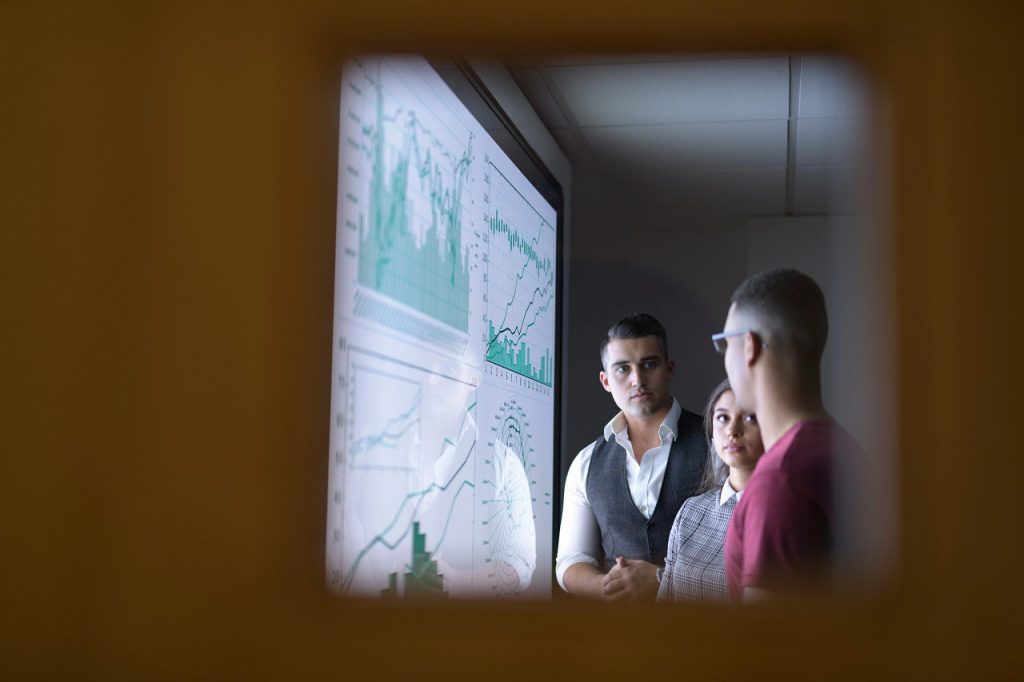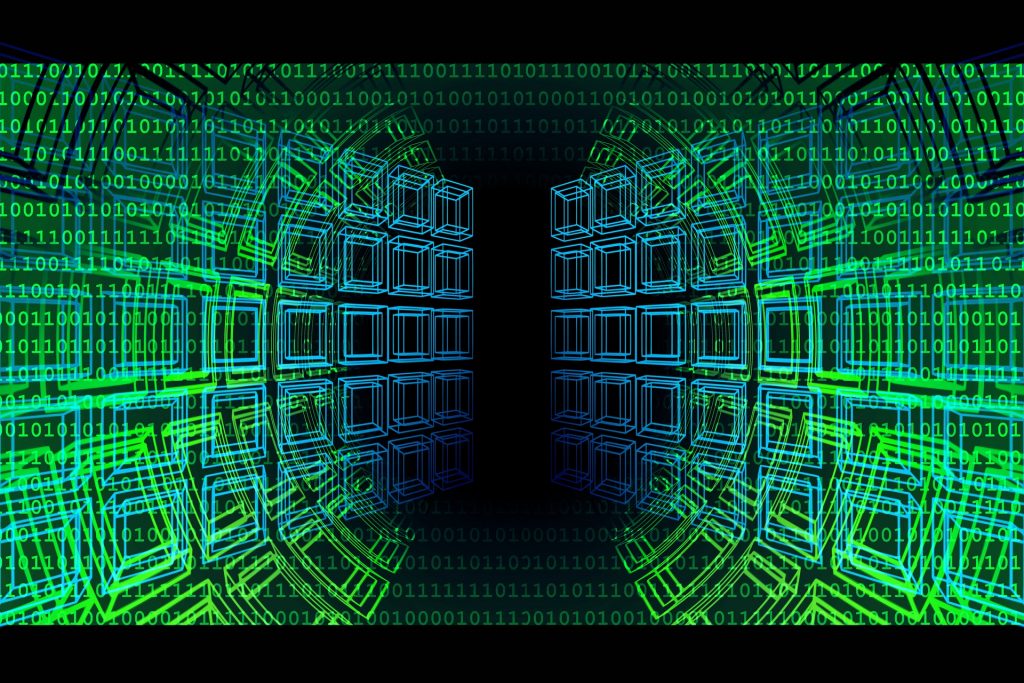By any measure, the COVID-19 crisis represents an extraordinary set of circumstances, a perfect storm that could pose the ultimate test of resiliency for business organizations: Can they pivot through this daunting environment in a way that keeps both their operations and their brands intact?
Some have referred to this global pandemic as a black swan. But it really isn’t.
The World Economic Forum has included infectious diseases in its annual 10-year risk assessment for many years. Although COVID-19 has only recently emerged as a human disease, the medical profession has known about coronaviruses for a long time. The 2003 SARS epidemic, for example, was caused by a coronavirus, and even the common cold is a related strain. In short, the risk of a pandemic has been with us constantly despite medical advances, and like all long-term threats, it can rear its ugly head eventually whether we’re ready or not.
So here we are, feet to the fire. The way we live and work is changing before our eyes, seemingly by the hour. Cancellations of sports and cultural events, restrictions on the size of meetings, shutdowns of schools and childcare facilities are all taking their toll. The last two measures are stretching the limits of employee availability and employer paid-time-off policies. Compounding the situation is the hysteria that sets in in spite of reassurances from leaders and well-established protocols for dealing with emergencies. Truly, no one stands apart from this crisis, and no enterprise remains unaffected.
We all know of the devastating economic impact, so there is no need to cover it here. Rather, our focus is on the workplace, which itself has undergone an upheaval. Business travel has been drastically curtailed, and telecommuting has become widespread. In fact, the question arises whether working remotely will continue as the norm on a long-term basis. If so, how does a company transition to a distributed workplace as well as sustain its culture in that environment?
To help answer this question, we offer the following suggestions:
- Take stock of new leaders who emerge. As employees are battle-tested, some will flourish and provide leadership, and they should be noted for potential expansion of their responsibilities down the road.
- Use this situation as a learning experience about making a distributed workforce effective. What we have, in essence, is an improvised laboratory on workplace flexibility, the benefits of which are well-documented: greater employee satisfaction, fewer unscheduled absences, fewer unnecessary meetings, etc. So engage everyone on their impromptu telecommuting and ask for feedback and improve the process.
- Reconnect with customers. Find out whether your response plans mirror theirs and reach out to them regarding their needs and on the continuity of service and product delivery. Now is a time to differentiate your company by demonstrating the kind of agility and customer focus your customers need and appreciate.
- Make sure you have the tools for supporting a remote, work-from-home staff. Not everyone has the needed bandwidth at home. Fortunately, there are many proven platforms to support communications, project management, document sharing and workflow, while also automating mundane tasks so employees can focus on critical areas.
- Meet face-to-face periodically. The importance of personal meetings cannot be overemphasized. Everyone knows the value of nonverbal cues and body language. Whether as a group, a team or one-on-one, remote workers should use the available technology to meet virtually at least weekly to stay in touch and ensure everyone is on the same page.
- Trust employees to manage their projects. This is a new game for managers and employees alike, but setting expectations and managing to those expectations is vital in any environment, especially in a distributed workplace. An environment built on trust can be a powerful motivating force.
- Keep internal communications open and constant. Information is vital during a crisis. There should be no misunderstanding about a company’s empathy for employees, or for the organization’s changing needs. Companies should support internal social platforms and empower employees to help each other. It’s crunch time, but it’s also an opportunity to strengthen the culture and employee loyalty.
Rising to the Challenge
The COVID-19 crisis presents a test of leadership and resiliency. The challenge of prioritizing and re-prioritizing tasks is going to become a necessary art for the foreseeable future. Keeping teams focused amid so many distractions and unknowns will be a decisive factor in weathering this storm.
It is our earnest hope that everyone remains safe and healthy throughout this global pandemic. The good news is we’ll get through it. We’re learning a lot about this kind of event and what can be done better at both the macro and micro levels. But now is the time to keep everyone safe so that your company can emerge from the crisis as strong as possible and be prepared to pivot back to more settled times when they arrive.
Listen to the podcast related to this article on the Protiviti website.





